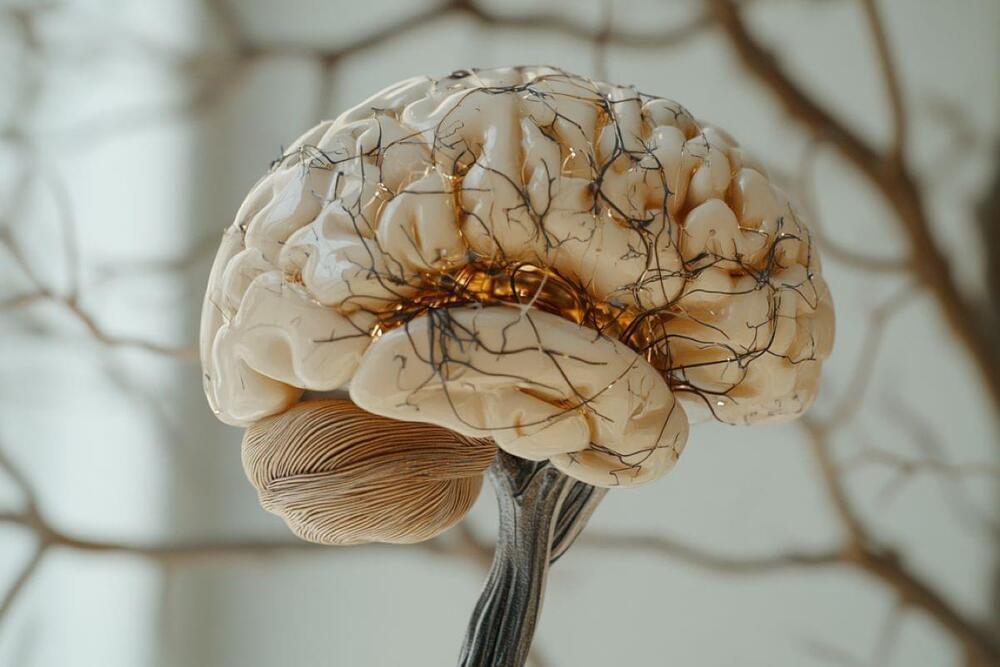New research reveals that prolonged mental load weakens brain connectivity, but compensatory mechanisms keep cognitive performance steady.
Summary: A recent study shows that prolonged mental exertion weakens connectivity between the brain’s frontal and parietal lobes, impacting cognitive efficiency. However, the brain has built-in compensatory mechanisms that adjust neural connections to preserve function under fatigue.
Researchers observed this in participants completing memory tasks of varying difficulty; while fatigue slowed performance on simple tasks, complex tasks triggered compensatory adjustments. Findings suggest that these mechanisms allow the brain to optimize resources based on task complexity.
Understanding how these processes work can have implications for enhancing productivity and mental resilience in high-demand scenarios. This research highlights the brain’s adaptability in managing limited cognitive resources under strain.










Leave a reply